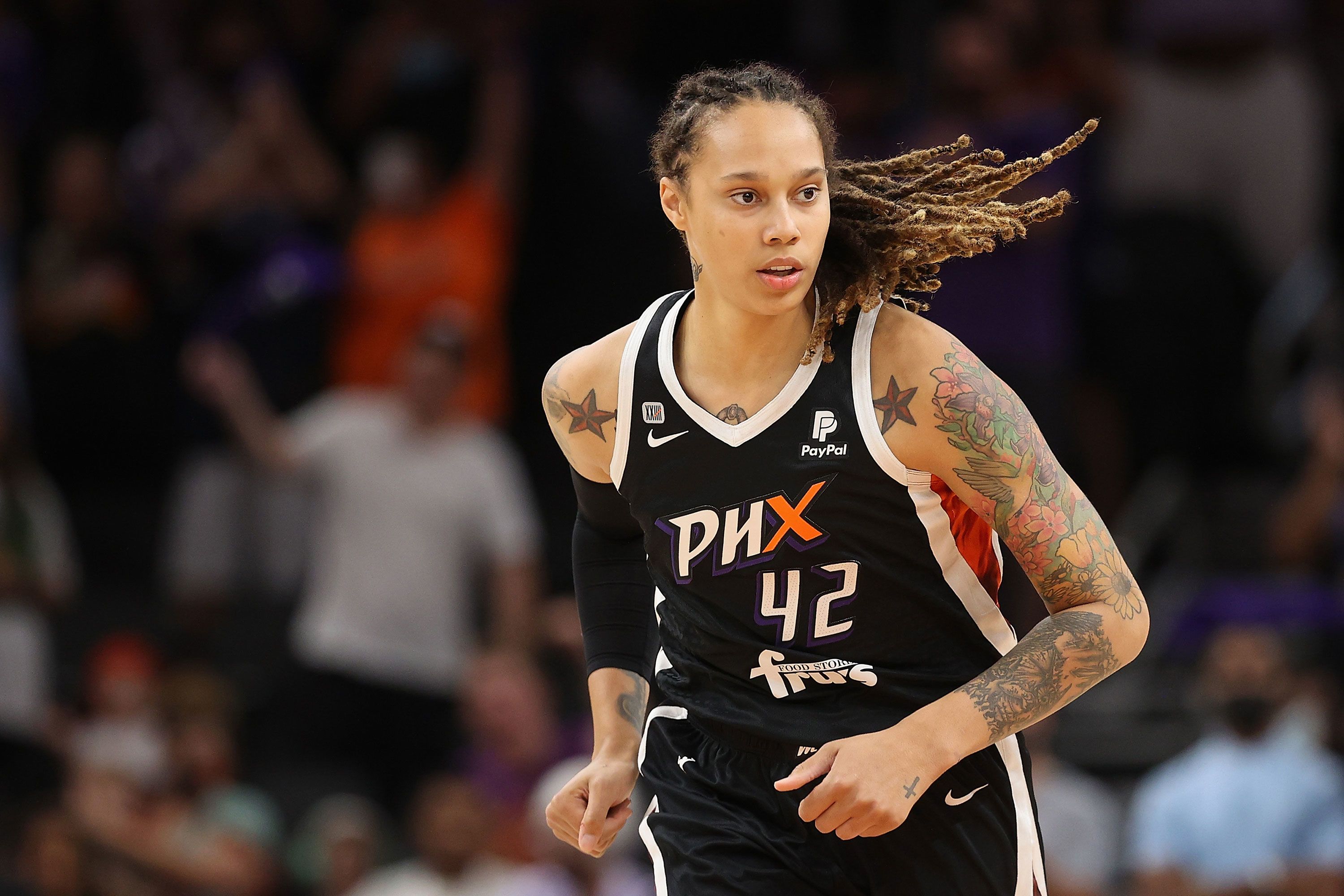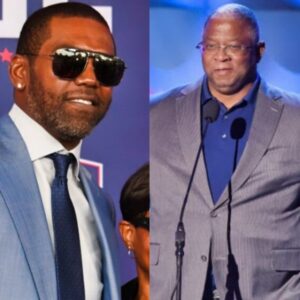Nike is reportedly weighing the future of its endorsement deal with WNBA star Brittney Griner following a wave of controversy stemming from her recent decision to kneel during the national anthem at a high-profile basketball game. This move has ignited a substantial backlash from various quarters, putting the sportswear giant in a challenging position as it navigates the intersection of athlete activism and brand reputation.
The Controversy
The controversy erupted after Brittney Griner, a prominent advocate for social justice issues and a key figure in women’s basketball, chose to kneel during the national anthem at a game earlier this month. This act of protest is reminiscent of similar demonstrations by athletes in recent years, aimed at drawing attention to racial inequality and social injustice. However, Griner’s action has been met with mixed reactions, including significant criticism from some fans, public figures, and commentators.

The backlash has been swift and vocal, with critics arguing that Griner’s gesture was inappropriate or disrespectful, particularly in the context of a sporting event that is often seen as a celebration of national pride. This has sparked heated debates across social media and in traditional media outlets, with many expressing strong opinions both for and against her protest.
Nike’s Strategic Dilemma
Nike, known for its endorsement of athletes who take bold stances on social issues, is now grappling with a complex dilemma. The company has a history of supporting athletes who engage in activism, as seen in its high-profile partnerships with figures like Colin Kaepernick and Serena Williams. These endorsements have reinforced Nike’s image as a champion of social justice and progressive values.
However, the situation with Griner presents a unique challenge. The backlash against her kneeling has raised concerns about potential repercussions for Nike’s brand. The company must carefully consider how continuing its association with Griner could impact its public image and consumer sentiment. The decision to end or maintain the endorsement deal involves balancing the principles of athlete support with the realities of public relations and customer reactions.
Griner’s Role and Impact
Brittney Griner has been a significant and influential figure in the WNBA and beyond, using her platform to advocate for various causes, including social justice and gender equality. Her activism and on-court achievements have garnered her considerable respect and influence. Nike’s endorsement of Griner has underscored the company’s commitment to supporting athletes who drive important conversations and advocate for change.
Despite her high profile and the positive aspects of her career, the current backlash highlights the polarizing nature of political and social protests in sports. The decision to kneel during the anthem, while intended to draw attention to important issues, has also stirred strong emotions and divided opinions among the public.
Riley Gaines Expresses Support for Nike’s Review of Brittney Griner’s Contract Amid Anthem Protest Backlash
In a move that has stirred considerable discussion, Riley Gaines has publicly expressed her approval of Nike’s decision to reevaluate its endorsement contract with WNBA star Brittney Griner. This development follows Griner’s recent national anthem protest, which has ignited a wave of controversy and backlash.
Gaines, a prominent figure in the discourse surrounding women’s sports and gender identity, has been a vocal advocate for policies she believes will preserve the integrity of women’s athletics. Her support for Nike’s potential contract termination with Griner comes amidst a broader conversation about athletes’ activism and its impact on their endorsements.
Gaines has been an outspoken critic of policies she perceives as detrimental to women’s sports, particularly those related to gender identity and fairness in competition. Her alignment with the sentiment that athletes should face consequences for controversial actions reflects her broader stance on maintaining traditional values within sports.
In her public statements, Gaines has emphasized the importance of respecting national symbols and the potential ramifications of actions perceived as unpatriotic. She argues that endorsements should be consistent with the values that resonate with the broader public, suggesting that Nike’s reconsideration of Griner’s contract is a positive development in this regard.





